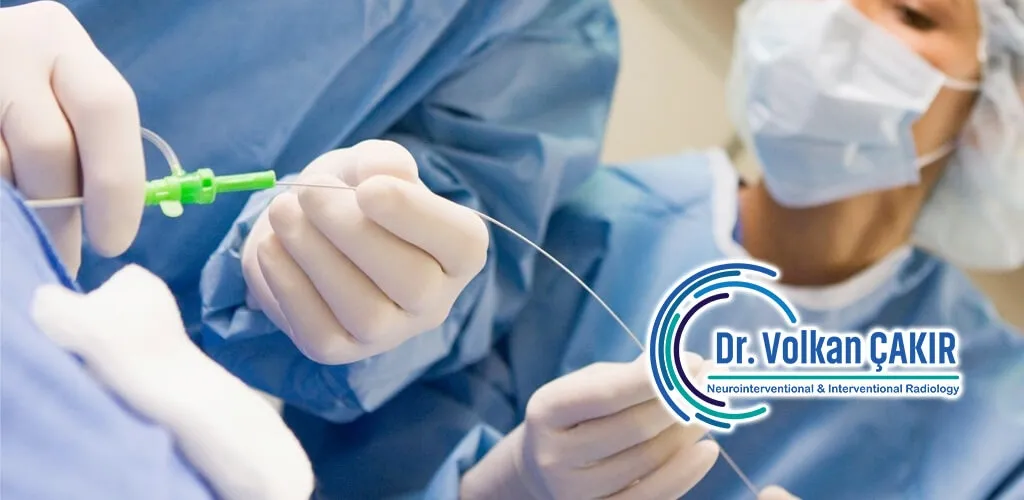Interventional radiology has undergone a significant evolution in the diagnosis and treatment of diseases with significant technological developments in the field of medicine. This discipline combines traditional radiological imaging techniques with surgical interventions, enabling the treatment of patients with minimally invasive methods. Radiologists specializing in interventional radiology perform therapeutic interventions using advanced imaging techniques such as computerized tomography (CT), magnetic resonance imaging (MR), ultrasound and Angiography.
Applications in this field are diverse and are used in a wide range from diagnosis to treatment of many diseases. Evaluation of vascular diseases with angiography, treatment of tumors with embolization techniques, treatment of bleeding from vascular sources in emergency situations, treatment of tumors in organs with radiofrequency ablation, treatment of varicose veins with laser method, treatment of cerebral vascular diseases with stents or coils and pain management are some of the daily applications of interventional radiology. These methods offer advantages in terms of pain, recovery time and risk of complications for patients due to their less invasiveness.
The advantages offered by interventional radiology include factors such as patients recovering in a shorter time, reducing the risk of surgical complications, and patients returning to their normal lives more quickly. In addition, most of these methods can usually be applied on the same day, which offers advantages such as reducing hospitalization processes and increasing the effectiveness of treatment.
The future of interventional radiology is shaped by rapid advances in technology. Artificial intelligence can provide significant improvements in diagnosis by making imaging analysis more sensitive. State-of-the-art medical devices and medical materials can allow interventions to be performed more precisely and precisely. These developments will enable interventional radiology to become even more effective and efficient in the coming years.
Interventional radiology is a field that provides a significant transformation in medicine, increases the quality of life of patients, and improves treatment processes. In this field, which is increasingly in demand in the healthcare sector and requires technology and expertise, interventional radiologists play an important role in providing solutions to patients' health problems.





